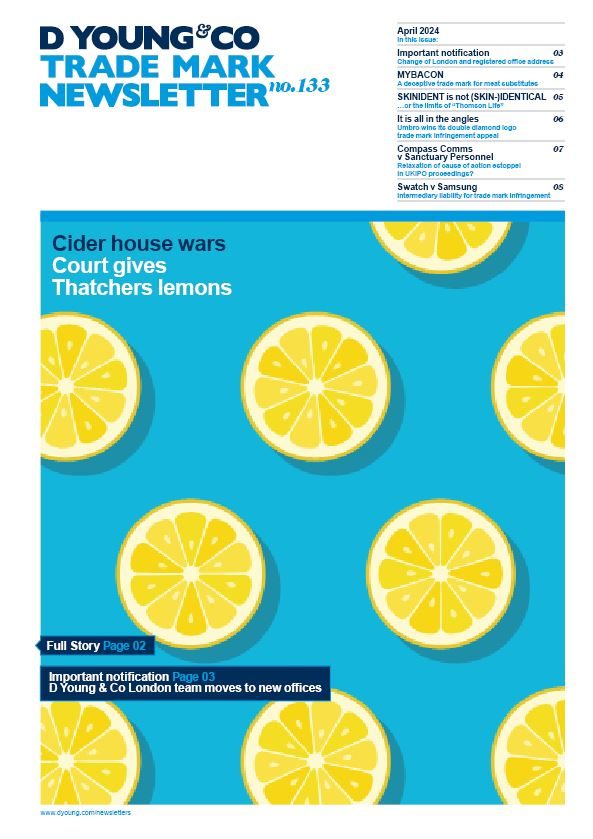Sky v Skykick: clarity and bad faith in trade marks
Is an EU or national trade mark invalid because the relevant parts of the specification lack clarity? Does a trade mark owner act in bad faith if they apply for a mark in relation to goods and services for which they had no intention to use the marks for those goods or services?
In Sky v Skykick, the High Court of England and Wales has referred these questions to the Court of Justice of the European Union (CJEU), the answers to which could have significant implications for trade mark enforcement in the future.
SKY trade marks
Sky is a well known broadcaster in the UK, which owns a family of marks for the word SKY in relation to a number of goods and services, including “computer software”. Skykick offer a number of products, including cloud migration, cloud backup and cloud manager.
Trade mark infringement
In May 2016, Sky commenced proceedings for trade mark infringement and passing off. Skykick counterclaimed that the marks were wholly or partly invalid on the basis that the specifications of goods and services lacked clarity and precision, and that the trade mark applications had been made in bad faith.
Mr Justice Arnold held that, as there was a likelihood of confusion, the trade marks, if valid, were infringed. As to validity, however, the court took the view that, despite having already rejected an application for a pre-trial reference to the CJEU, such a reference would need to be made.
As to the clarity of the specification, the court acknowledged that the effect of the IP Translator case was that if there was a lack of clarity the respective trade mark office should not grant the right. However, it noted that it did not follow that if the mark was so incorrectly granted, the court had the power to declare it invalid.
With regard to bad faith, the court concluded that Sky did not intend to use the marks for all of the goods and services for which they were registered and, therefore, its declaration that it intended to do so (pursuant to s. 32(3) of the Trade Marks Act 1994) was, in part, false. The question, therefore was whether this constituted bad faith and, if so, the consequences of this.
Case details at a glance
Jurisdiction: England and Wales
Decision Level: High Court
Parties: SKY PLC, SKY INTERNATIONAL AG, SKY UK LIMITED (claimants) and SKYKICK UK LIMITED, SKYKICK INC (defendants)
Citation: [2018] EWHC 155 (Ch)
Date: 06 February 2018
Link to full (bailii) decision: http://www.bailii.org/ew/cases/EWHC/Ch/2018/155.html
